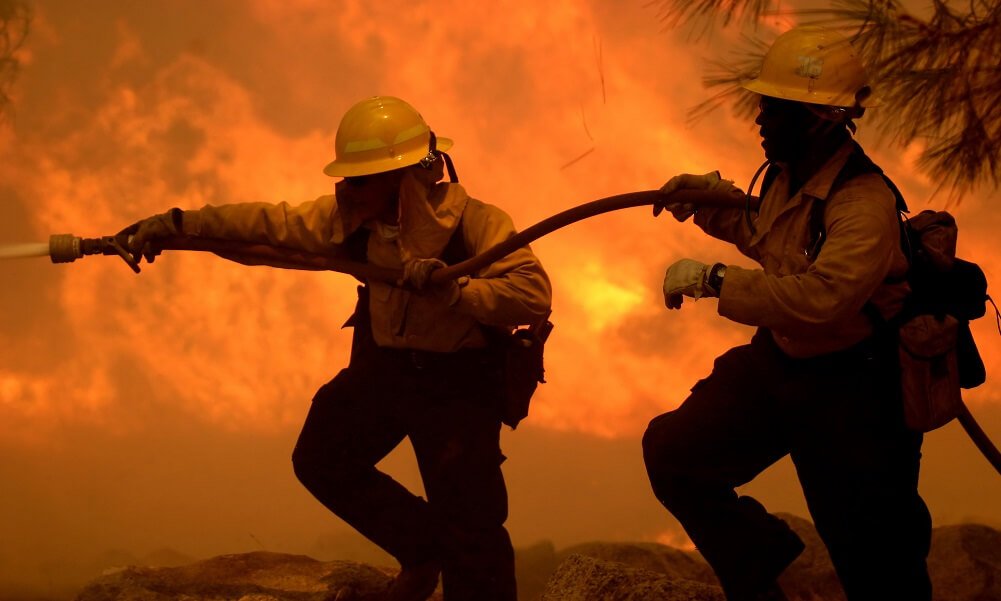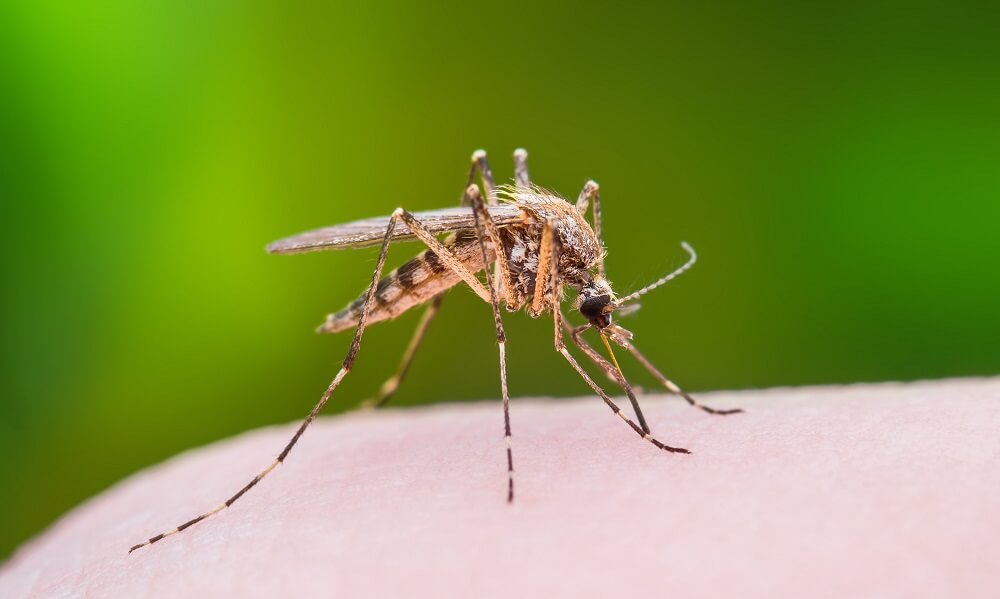Read about the risks faced by first responders to the nation’s wildfires and what works to mitigate them.


Read about the risks faced by first responders to the nation’s wildfires and what works to mitigate them.

The debate about the best way to control a persistent disease vector is about to get real.

In the effort to fast-track a vaccine to prevent the spread of Covid-19, how much risk is acceptable?

Researchers at the Caltech Brain Imaging Center found that participants in a study were more likely to gamble when they saw peers doing so.

Most people tend to categorize the risk-taking behaviors of teenagers as a bad thing, but new research from Harvard University shows that brain development at that age can be beneficial for learning.

An effective vaccine is a crucial element in the return to normalcy following the outbreak of COVID-19. But how far should researchers go in the effort to speed up development?

During a pandemic, simply going to work is a big risk for medical professionals. Read one doctor’s story.

Writer Samantha Cole weighs the pros and cons of staying in your comfort zone, the premise of Meghan Daums’s book, The Unspeakable: And Other Subjects of Discussion.

A study found that jobs that pose high risks of injury or death don’t often have a high wage to match.

Psychologist Ben Newell explains how previous experience affects risky decisions.

This article outlines both the risky and the thoughtful genetic research currently happening outside federal regulations.

The effect of technology use on teenagers’ moods and behaviors is a widely-debated issue. But what are the risks of screen time? This article points to a study that attempts to set the record straight.

Read how having technology that makes cars safer sometimes makes drivers less attentive to the road.

According to author Mark Jenkins, modern adventure is safer than you think—once you know the difference between legitimate danger and irrational fear.

This video explains the relationship between the risk/reward sections of the brain, how dopamine factors into people wanting to take outrageous risks, and the benefits of taking risks every day.

Read about the death-defying spectacles performed by thrill seekers in and around the popular national park throughout history.

Retired astronaut Scott Parazynski reflects on his life’s adventures.

Science jouranlist Bianca Nogrady argues that we shouldn’t worry about AI taking over, but about AI solving problems incorrectly.

A recent study from McGill University shows that local events, such as a win by a sports team, can effect the overall mood of a city’s citizens. Read how this then increases risk-taking behavior.

Author Doug Sundheim was surprised when he realized his book, Taking Smart Risks, included far fewer stories about women. In this article he investigates how that happened.